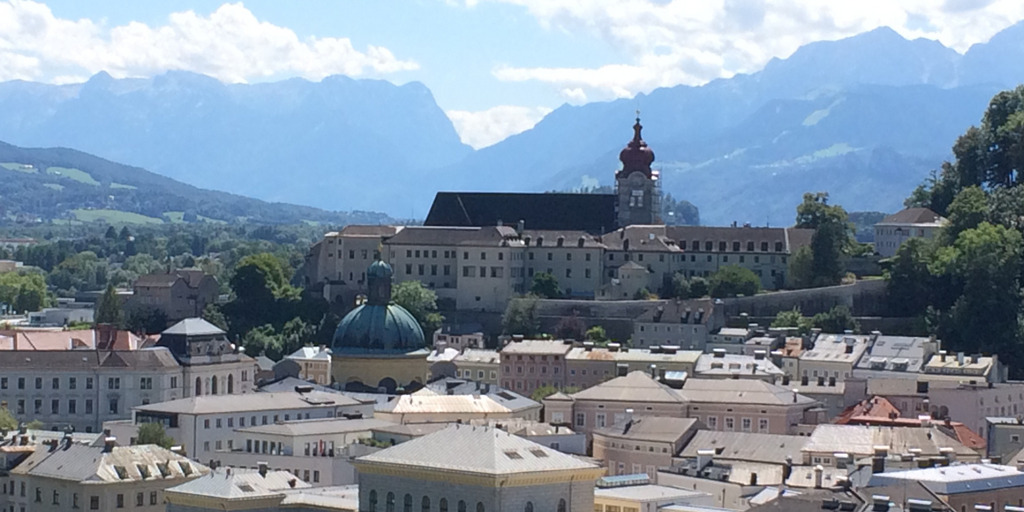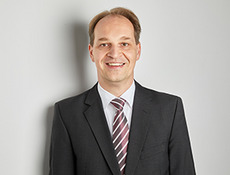Power is shifting towards the East, a greater emphasis is being put on national interests and multilateral institutions are proving inefficient as troubleshooting platforms. International relations have undergone fundamental change as a result.
Additionally, new or self-organized actors from civil society are pushing issues to a different level, making it necessary for politics and business to respond. Emerging stakeholders such as cities are becoming a new political power, forming communities of interest and opposing national policies.
Moreover, unforeseen stakeholders and militant groups are taking the stage on a national and international level and exhibiting state-like behavior, sometimes without official representatives. Diplomats say they feel exposed by domestic political divisions. Moreover, business sectors have to strike a balance between incompatible positions.
Therefore, diplomacy as we have known it for centuries – for politics and institutions, as well as for companies and the arts – is facing the challenge of reform. The most valuable currency in international relations and relationship management has become vulnerable: trust.
One could almost speak of a non-polar world: Changing interests are leading to flexible alliances; bilateral relations are no longer predictable. New actors are shaping the landscape.
In this shifting environment, existing actors such as the European Union must redefine their role in the world, rethink coalitions with partners (e.g. with those outside the EU) and take into account new diplomatic actors. For states, politics, business and the arts, it is high time to rethink the mechanisms of diplomacy.
As relations are fundamental to peaceful and constructive coexistence, this year’s Trilogue Salzburg is focusing on trust and the question of how politics, business and the arts can build innovative ways of promoting understanding and relation Management.
The following questions will be addressed:
- What are the objectives of the relevant actors in terms of diplomacy and (international) relations?
- How can new actors become involved in diplomatic efforts?
- How can soft power be better used and applied more efficiently?
- How can trust be rebuilt in a multipolar world?
- In which areas could the EU enter into thematic partnerships with other countries?
- Who could serve as partners to the EU outside Europe?




